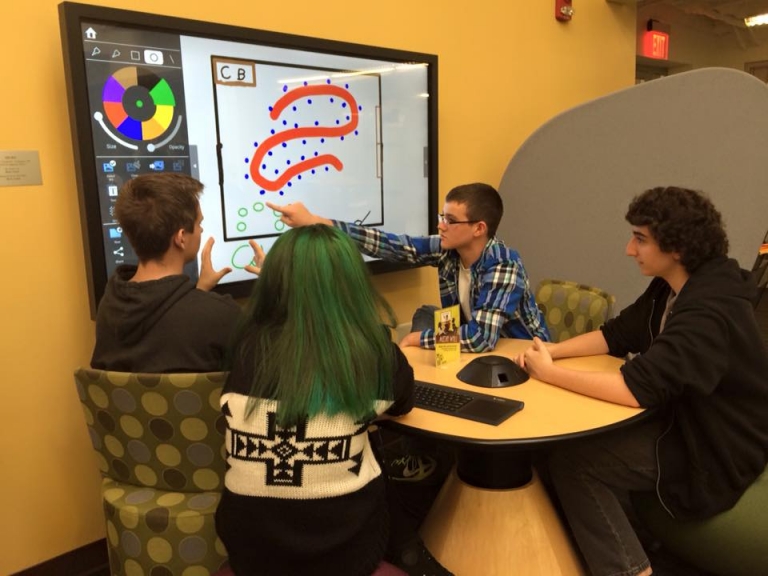Scholarly, Professional or Trade, & Popular Sources
When determining your information needs, it is important to distinguish between scholarly, popular, and professional or trade sources. Scholarly sources are typically written by and for experts in a particular field or discipline, and are often grounded in research. Professional or trade sources are written by and for professionals or practitioners in a particular field or discipline, but are not strictly research related. Popular sources can be written by almost anyone, from freelance journalists to experts, but are always meant to appeal to a general audience.
You might need to limit your research to one or a combination of these types depending on assignment or instructor requirements, your topic, the type of product you will produce (written, oral, visual, multimodal), the purpose of your product, and the audience to which you will present your research. Many online library article databases will offer options to allow you to limit your article results to just scholarly articles (learn more by visiting Find Information); however, consider the additional criteria below when differentiating between scholarly, professional or trade, and popular sources.
Scholarly Sources
Scholarly literature is written by researchers who are experts in their field. Often, these experts are employed by colleges, universities, scientific or medical laboratories, or other institutions of education or research. This type of literature is typically void of advertisements, with the exception of calls for papers or conference announcements; additionally, visual material (images, charts, graphs, etc...) is included only when it is vital to the effective communication of data.
The most prestigious scholarly or academic publishers subject articles to the peer-review process. During the peer-review process, information is reviewed by several experts in the field, who vet the information for bias, reliability, and validity; suggest possible changes; and recommend to the publisher whether or not to publish the information. The peer-review process is a sort of "checks and balances" system for scholarly information.
For the aforementioned reasons, scholarly information sources are viewed as being more authoritative, while popular information sources are viewed as being less credible. Additionally, scholarly information is published for the sole purpose of exploring theories, introducing new ideas, presenting research findings, and, overall, adding to the body of research in a particular discipline. This is why instructors often require students to use scholarly, peer-reviewed articles, rather than popular articles, for their research.
For more information about professional or trade magazines, view EKU Libraries video Scholarly Journals.
Professional or Trade Sources
Professional or trade literature resembles scholarly literature in that it is typically written by people working in the field, but may be written by staff writers with expertise. They might include advertisements, although most or all are profession- or trade-specific. Visual material is often included; sometimes it is included to communicate information, but visual material is often included for purely aesthetic reasons. Professional or trade information sources typically discuss practical application; cover news in the field; present brief reports on research, and/or offer opinions about trends, events, and industry/forecasts; and use language use language and jargon familiar to the profession. The do not often present original research, ideas, or theoretical discussions.
For more information about professional or trade magazines, view EKU Libraries video Trade Magazines.
Popular Sources
Popular literature is typically written by journalists or staff writers, who are employed by the publisher for which they write. Occassionally, experts may write for popular information outlets, but they do so in a style and on a level that caters to the general public. Popular information sources cover news and current events in a field; report on news of general interest; write profiles of people (often celebrities), places, or events; and express political opinions. These types of publications are typically full of advertisements, and are focused on making a profit.
For more information about professional or trade magazines, view EKU Libraries video Popular Magazines.
Continue to step three, Find Information
Return to Determine Information Needs

